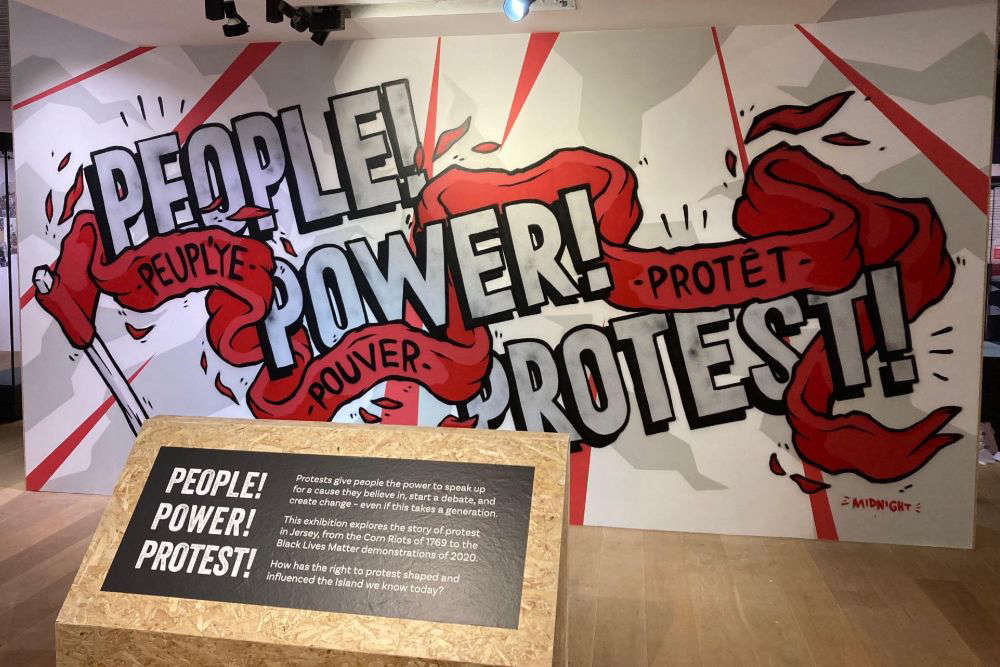During the 18th century, power in Jersey was concentrated in the hands of the Lemprière family. In 1750, Charles Lemprière was appointed Lieutenant Bailiff, while his brother Philippe was named Receiver-General.
One of Charles Lemprière’s major opponents within the Island was Nicholas Fiott. He was a captain and merchant who had disagreements with Lemprière going back many years. Things came to a head in the mid-1760s when Fiott struggled to find a lawyer to represent him in the Royal Court as they were all appointed by Lemprière.
Finally, Fiott took his frustrations to the Court. This was the opportunity for which Lemprière had been waiting. Fiott made his objections in writing and was prosecuted by Lemprière for insulting members of the Court. Fiott was fined and sentenced to ‘amende honorable’, which meant that he had to get down on his knees and pray for the forgiveness of God, the King and the Court. He refused to comply with the sentence and was sent to prison for a month. On his release, Fiott left the Island.
In 1767, people protested about the export of grain from the Island. Anonymous threats were made against shipowners and a law was passed the following year to keep corn in Jersey. In August 1769 the States of Jersey repealed this law, claiming that crops in the Island were plentiful. There was suspicion that this was a ploy to raise the price of wheat, which would be beneficial to the rich, many of whom had rents owed to them on properties that were payable in wheat. As major landowners, the Lemprière family stood to profit hugely.
On Thursday 28 September 1769, a Court called the Assize d’Héritage was sitting, hearing cases relating to property disputes. The Lieutenant Bailiff, Charles Lemprière, sat as the Head of the Court. Meanwhile, a group of disgruntled individuals from Trinity, St Martin, St John, St Lawrence and St Saviour marched towards Town where their numbers were swelled by residents of St Helier. The group was met at the door of the Royal Court and was urged to disperse and send its demands in a more respectful manner. However, the crowd forced its way into the Court Room armed with clubs and sticks. Inside, they ordered that their demands be written down in the Court book. Although the King later commanded that the lines be removed from the book, a transcription survives that shows the crowd’s demands.



